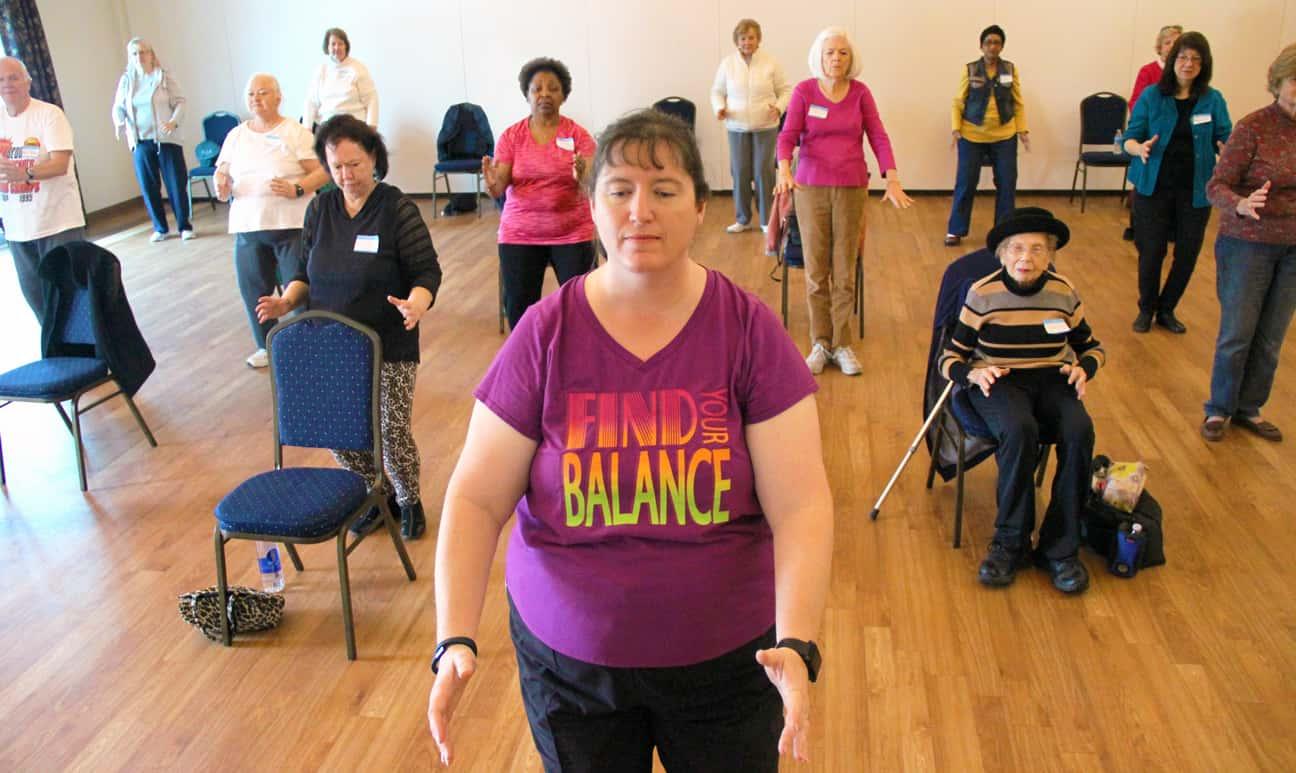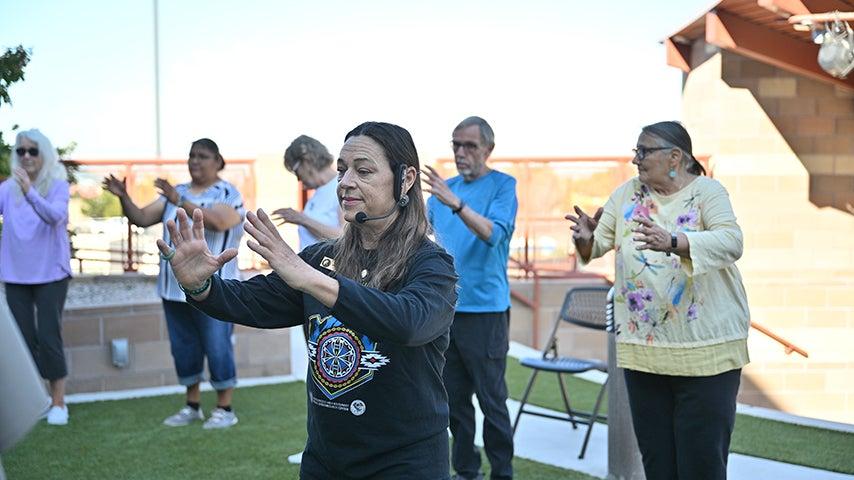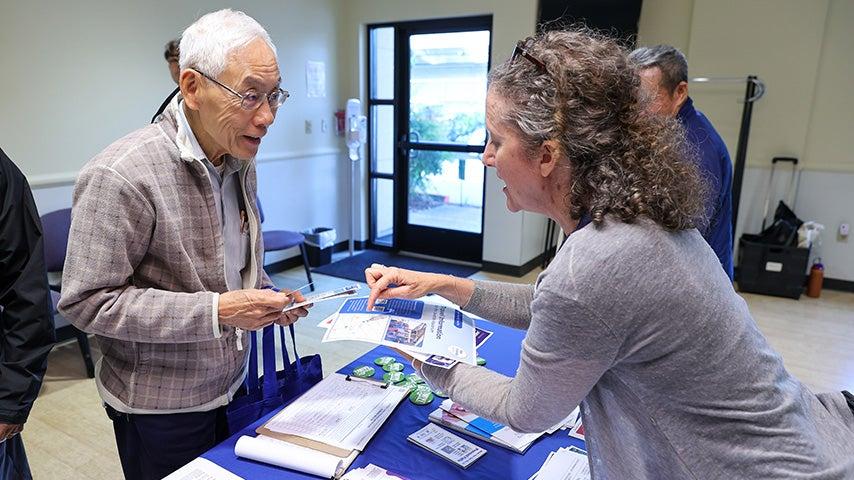
Related Topics
Evidence-based health programs have a 30-year track record of educating older adults about how to stay healthy and reduce their health care costs.
What these programs often don’t have, however, is a sustainable funding source, so they can be offered to more older adults across the country.
What is an evidence-based program?
Evidence-based health programs are held in communities, either virtually or in person. Run by trained leaders, they give older adults support and proven steps to prevent illness or injury, such as a fall, and manage their chronic conditions, such as diabetes and arthritis. Older adults learn how to cope with symptoms, exercise safely, communicate effectively with their doctors, and more.
Since 1987, funding for these programs has come primarily from two sources:
- Title III-D of the Older Americans Act, managed by the Administration for Community Living (ACL)
- The Prevention and Public Health Fund, established as part of the Affordable Care Act in 2010
To date, ACL has provided funding to 131 local organizations to offer evidence-based Chronic Disease Self-Management Education and falls prevention programs to more than 500,000 older adults nationwide.
A path to expansion
Because these programs are proven to work, advocates are constantly looking for ways to expand them to more older adults. That requires funding.
Community-based organizations in several locations have explored a promising approach—working with managed care plans, including Medicare Advantage plans and Medicaid, to cover the programs for older adults. NCOA and Health Management Associates have issued a new report examining this idea.
Researchers reviewed five states and one city that have successfully partnered with managed care plans. Based on the findings, they outline 8 ideas that other community-based organizations may want to consider:
- Encourage broader use of state Medicaid authorities/mechanisms that support health promotion and disease prevention evidence-based programs
- Develop model laws, regulations, and contracts for states to adopt in their Medicaid programs for support of evidence-based programs
- Demonstrate that evidence-based programs make a difference for the Medicaid population
- Educate and partner with key decision makers and participate in networking opportunities
- Advocate for federal incentives to states to implement health promotion and disease prevention programs
- Create partnerships and develop a framework and infrastructure for community-based organization networks
- Adjust quality measures to capture the benefits of evidence-based programs
- Identify value-based payment models
We know that evidence-based health programs are a cost-effective and proven way to keep older adults healthy and independent in the community. This new report offers a path forward to expand both their funding and availability.



